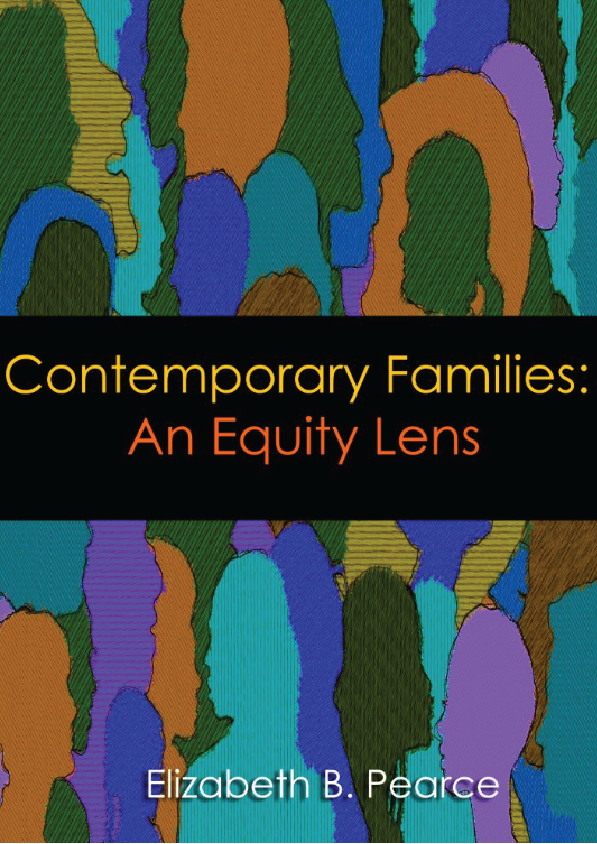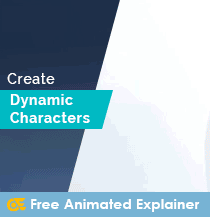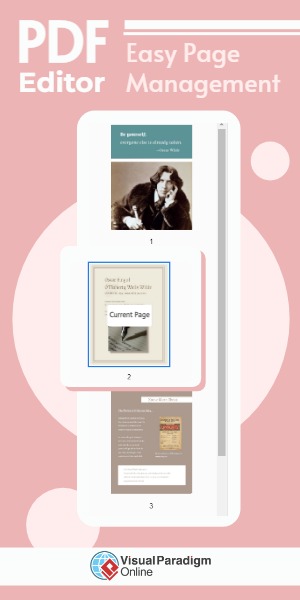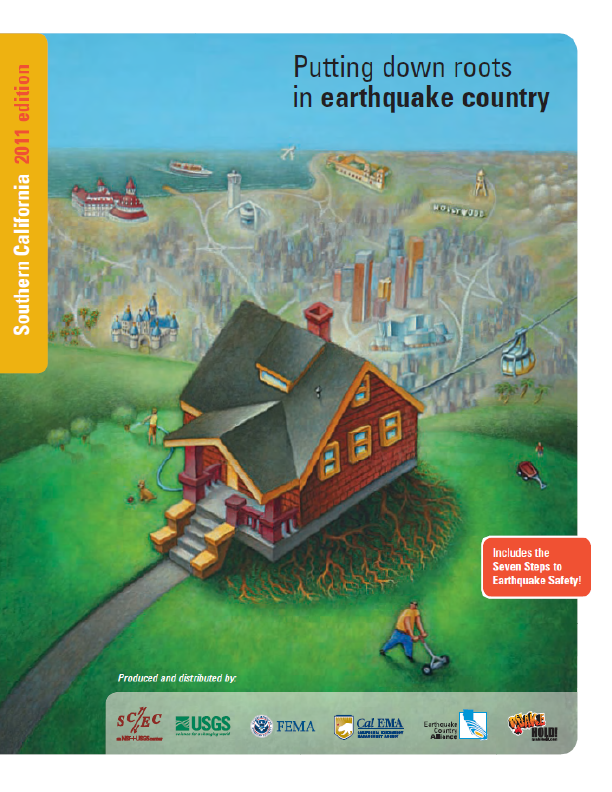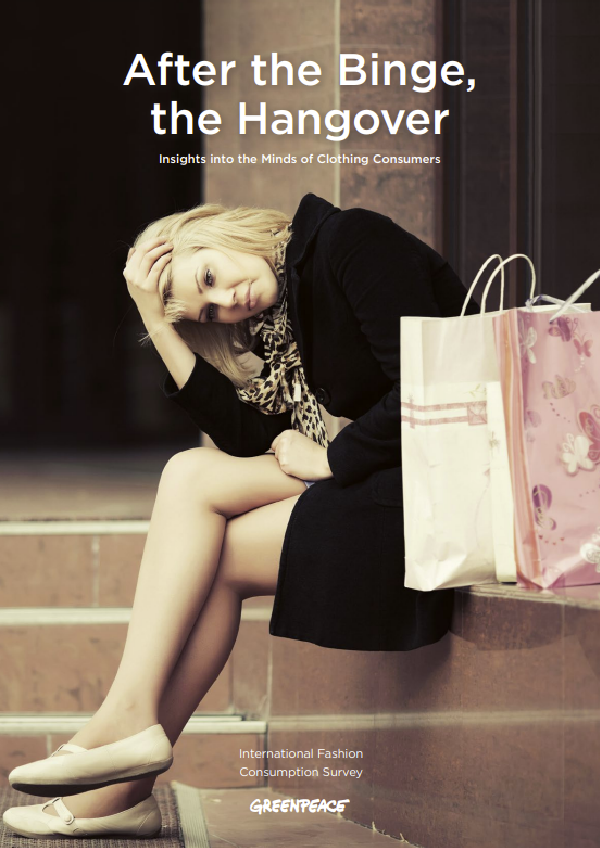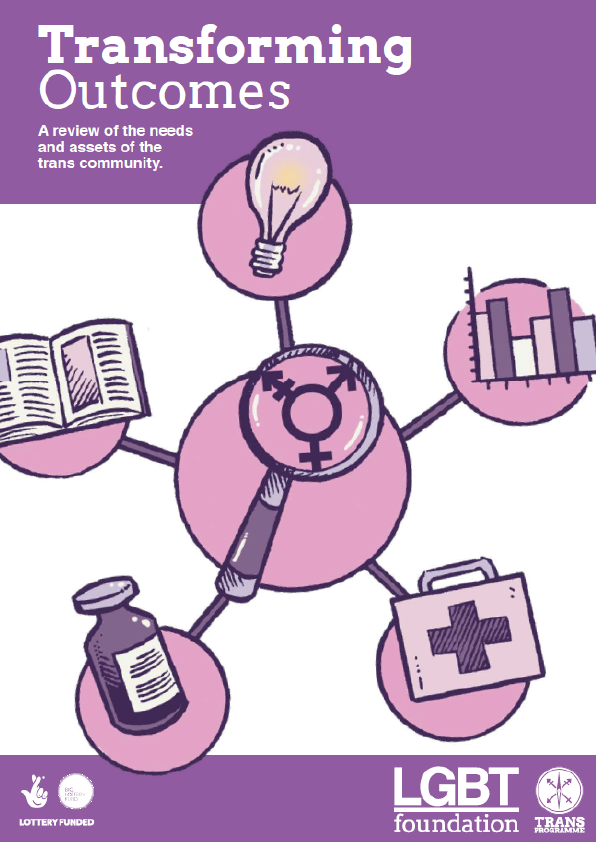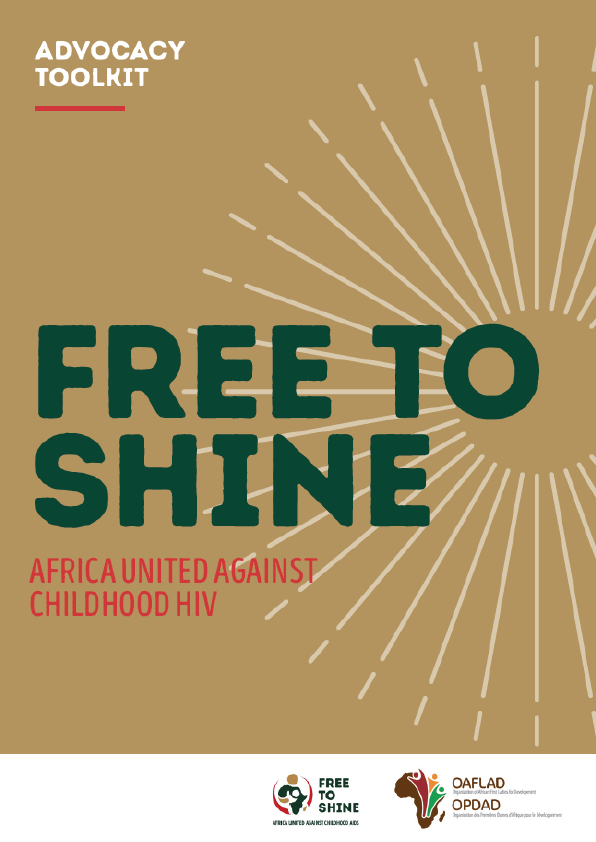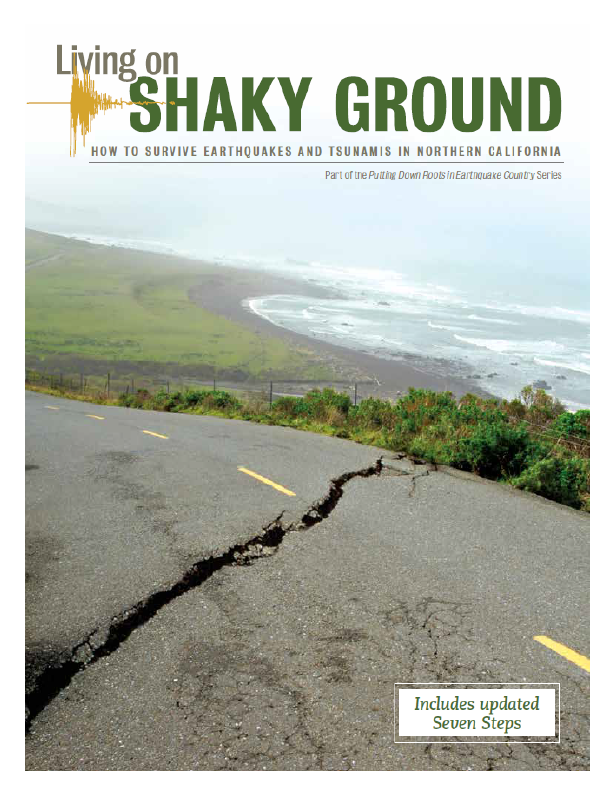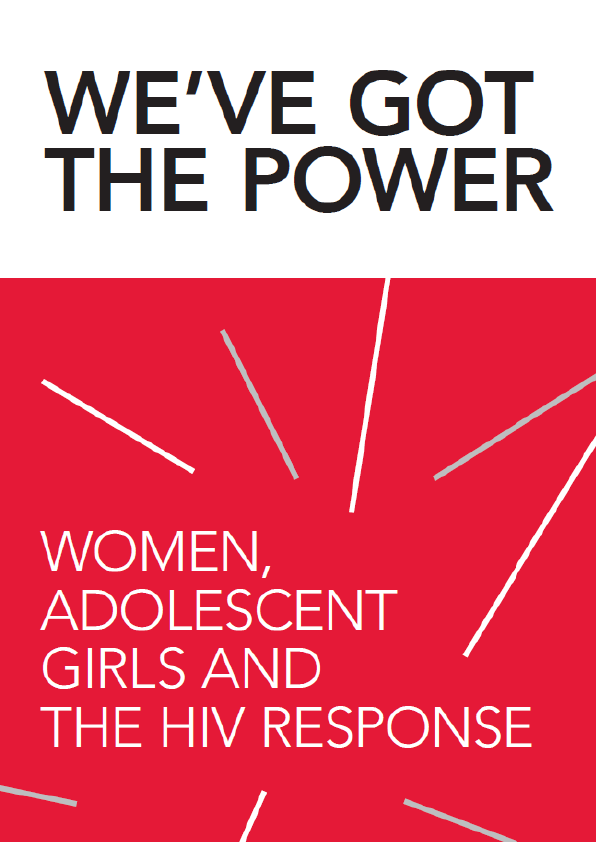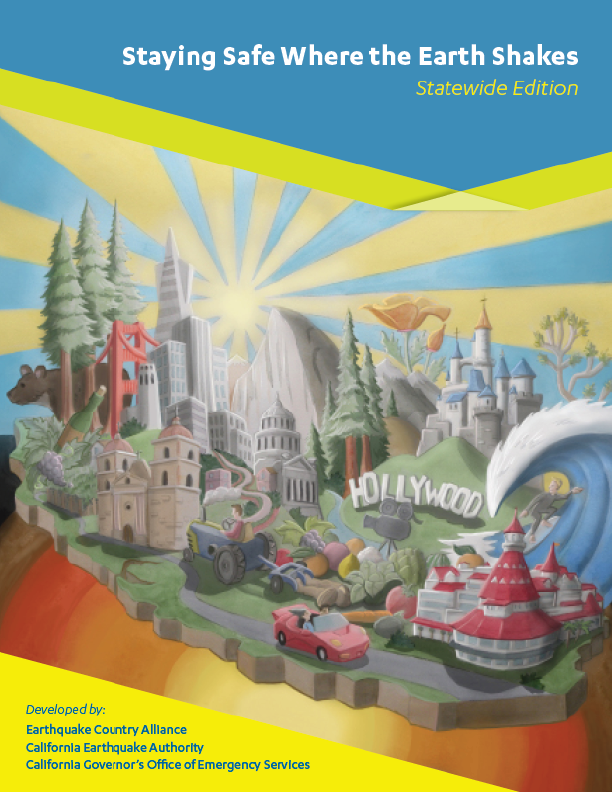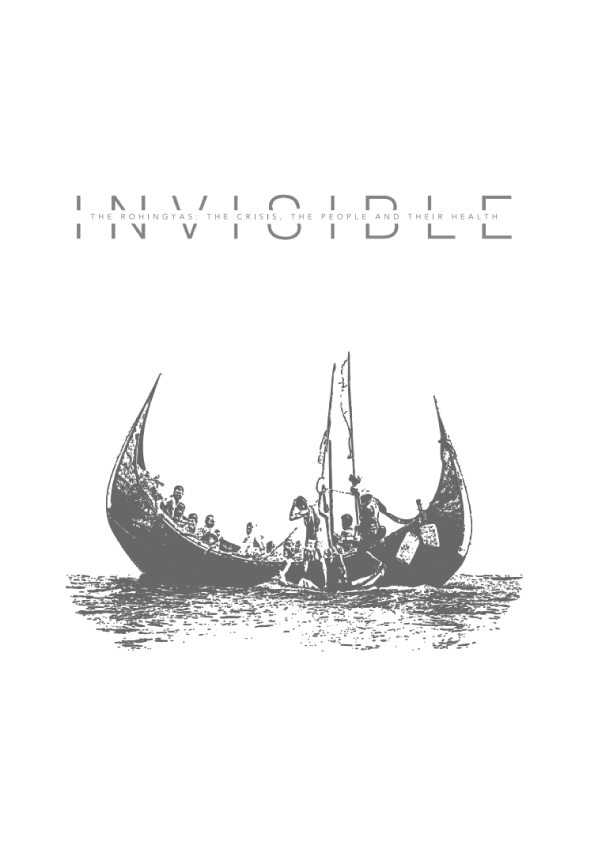What would a nation of greater equitable social, economic, and political conditions mean for families in the United States? How might families be able to live if those who study families, those who create policies that shape the lives of families, and those who work with families, had the opportunity to engage with the content of the book you are currently reading? How can an equity lens contribute to critical thinking about families and the conditions they face? What can a justice-informed perspective reveal about what it means for all families to experience belonging, connection, and love? These are some of the many questions Liz Pearce and her students grapple with through this open educational resource (OER), freely available online.
As a result of an open pedagogy project, the community college students who co-authored this text offer readers content that is well-researched, deeply engaging, and thought-provoking. What they have accomplished through this project would not have been possible without bravery, dedication, and commitment to addressing the complexity of the many issues at hand. They have every reason to be very proud of what they have achieved.
As part of the Preface to this book, Liz Pearce discusses how coming to a deeper understanding of the ways in which power, privilege, and oppression overlap and shape life-conditions was life-altering for her. Hopefully, this book contributes to similar outcomes for students in classrooms across the United States and plays a part in creating a more equitable world for all families.
Through my interactions with students and colleagues, it became evident that the commercial text we were using did not fully support students in meeting the course outcomes. Searches over the past five years did not reveal an existing openly licensed (free to users to read, remix, or reuse) text. With funding and support from LBCC, I undertook to facilitate an open pedagogy project and write a new text. This new text takes an interdisciplinary approach that more fully supports understanding the interaction of society, institutions, privilege, and oppression.
There is strong instructional and budgetary support for creating open educational resources (OERs) that are free to students at LBCC. Certainly making knowledge more accessible makes college more equitable. Going beyond by involving student authors embeds equity within the actual text by facilitating the expression of diverse voices. Michaela Willi-Hooper, the OER Librarian, was instrumental in supporting this outcome. All three Deans who oversaw my work during this 18-month long project, Katie Winder, Oriana Mulatero Ferrando, and Meg Roland, provided additional support specifically so that students could be involved.
This openly licensed text approaches contemporary families from an equity lens and asks a question that more fully meets the Difference, Power, and Discrimination outcomes. “What do families need?” and “ How do society and institutions support or get in the way of families getting what they need?” In order to answer these questions, I included the voices of the consumers of this class. I asked, “What matters most to LBCC and OSU students when it comes to family needs?” This has shaped the content of the book; it is a far different book than I would have written alone. I wanted to emphasize diversity of viewpoint, experience, social identity, and voice. It was the best way I could think of to live the concepts of Difference, Power, and Discrimination.
